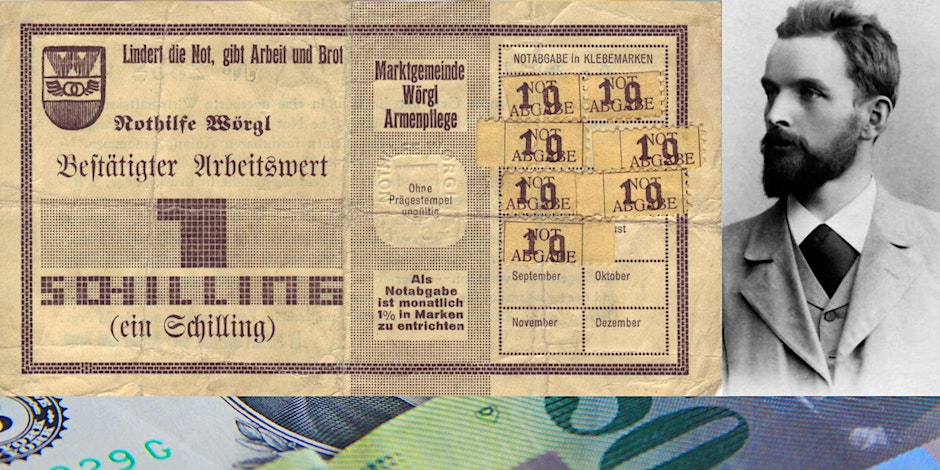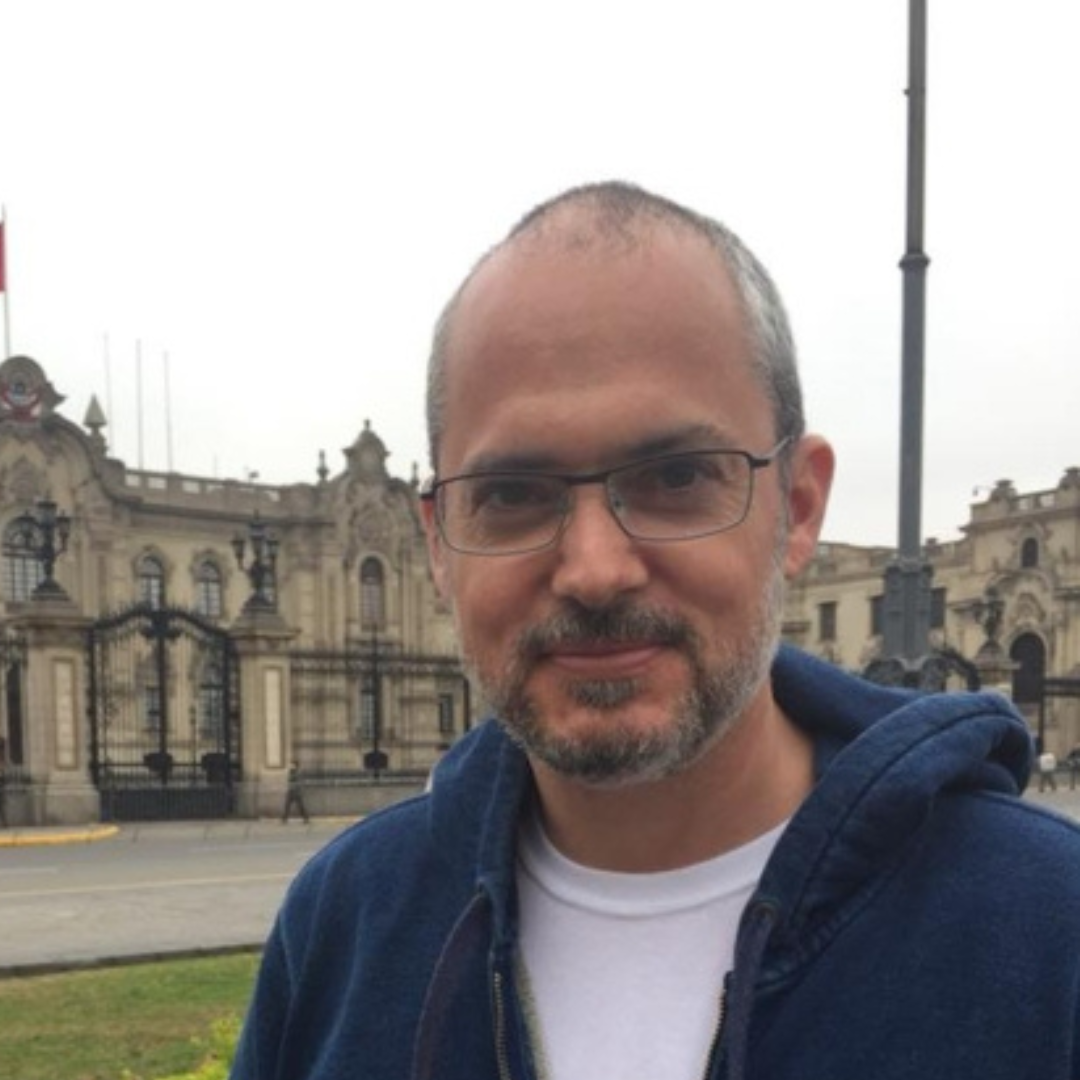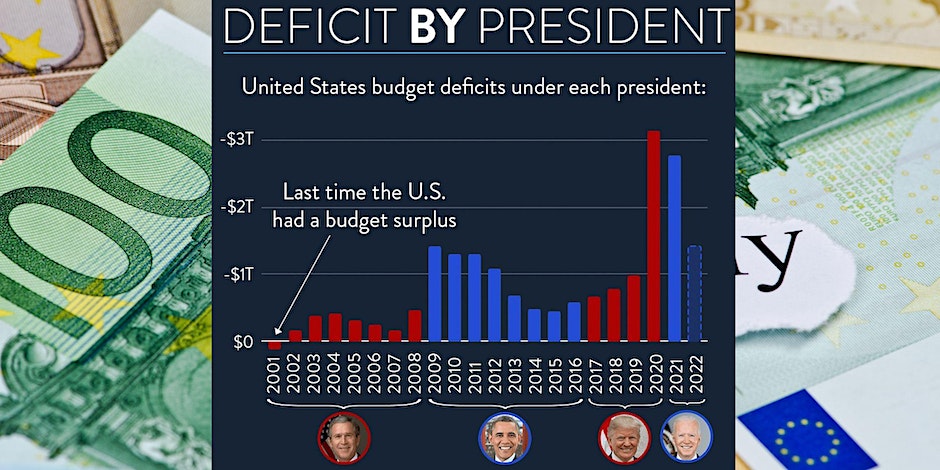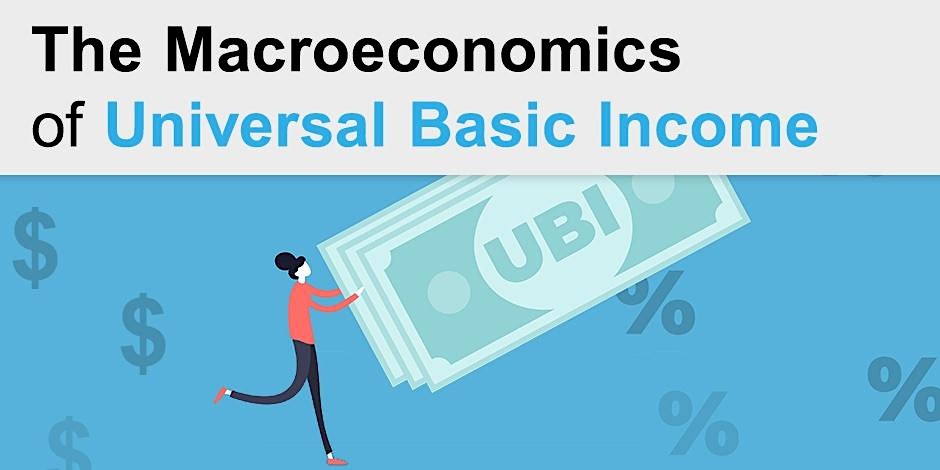Silvio Gesell: Beyond Capitalism vs. Socialism?
Session 8

Silvio Gesell: Beyond Capitalism vs. Socialism?
This course will examine how Gesell’s life experiences led him to a unique understanding of the creation and distribution of wealth. He concluded that the central idea of the free-market system is theoretically sound. However, it has never been properly implemented due to two fundamental flaws — an irrational form of money and the private ownership of land. Gesell’s simple yet radical analysis explains how these two factors are the primary causes of poverty, wealth inequality, economic instability, and a “growth imperative” that is at odds with the laws of nature.
 The instructor, Josh Sidman studied economics and Japanese language at Union College in Schenectady, NY. Following graduation he went to work on Wall Street, first as a financial analyst at Goldman Sachs in New York, and then as a Japanese equity derivatives trader at Morgan Stanley in London and Tokyo. Josh is the founder and director of the Silvio Gesell Foundation, aTennessee-based organization dedicated to promoting the theories and proposals of Silvio Gesell.
The instructor, Josh Sidman studied economics and Japanese language at Union College in Schenectady, NY. Following graduation he went to work on Wall Street, first as a financial analyst at Goldman Sachs in New York, and then as a Japanese equity derivatives trader at Morgan Stanley in London and Tokyo. Josh is the founder and director of the Silvio Gesell Foundation, aTennessee-based organization dedicated to promoting the theories and proposals of Silvio Gesell.
Dates: Mondays – 2/26, 3/04, 3/11, 3/18, 3/25, 4/03, 4/10, 4/17
Time: 6:30 PM – 7:30 PM ET; Sessions on 4/10 and 4/17 will be 6:30 PM – 8:30 PM ET
Location: Online via Zoom
Note: This is an online event. After registration, the Zoom link, along with the Meeting ID and Passcode, will be provided via email the day of each session.
Session 8





